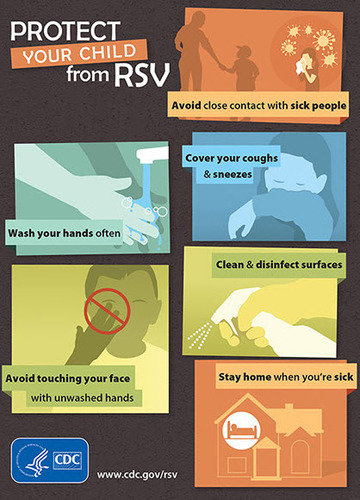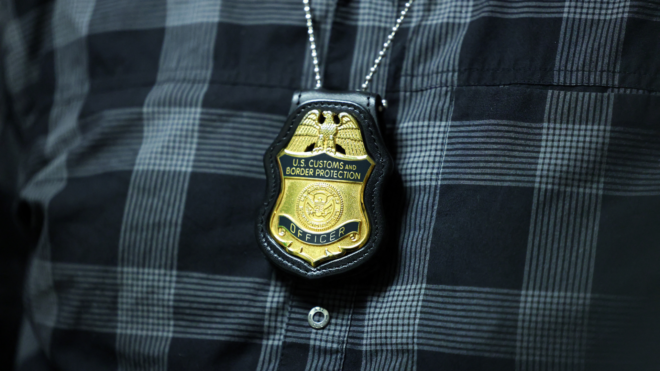While everyone keeps talking about the human enterovirus D68 (or EV-D68) respiratory illness that has affected several children in the Midwest, a new virus has started picking up speed and the attention of the Center for Disease Control and Prevention. Cases of the respiratory syncytial virus, also known as RSV, has grown dramatically recently and is causing a lot of fear since symptoms appear similar to bronchitis. If left untreated or misdiagnosed, the results could be deadly.
Read more ¿Qué más?: 5 Surprising ways to protect your family from a cold
According to NBC News, RSV sends up to 125,000 children to the hospital on a yearly basis and kills up to 200. However, it seems like the EV-D68 or enterovirus has received more news attention despite there being no cases of death reported. RSV is considered in the family of coronaviruses, which is also found in MERS and SARS.
Dr. Paul Checchia of Texas Children's Hospital told the news outlet:
Enterovirus must have a really good PR agent because it is getting all the press and there is no real need for it. It is a significant respiratory pathogen, but it is not really different from a lot of other respiratory pathogens out there.
Symptoms of RSV come up as a very bad cold and trouble breathing. This is why it is so difficult to detect. The virus is attracted to people with lowered immune systems, babies and older people. According to the CDC, about 10,000 elderly died of RSV last year alone. There is no cure for RSV, but a drug named palivizumab can help prevent the virus from generating. Supportive care and some over the counter medicines could help with symptoms before you are able to visit a doctor.
What can you do to protect your family from RSV? The CDC encourages people to wash their hands frequently, avoid contact with other sick people, cover your coughs and sneezes, disinfect commonly touched items like doorknobs and make sure to stay home if you're sick.

Images via Corbis and CDC




